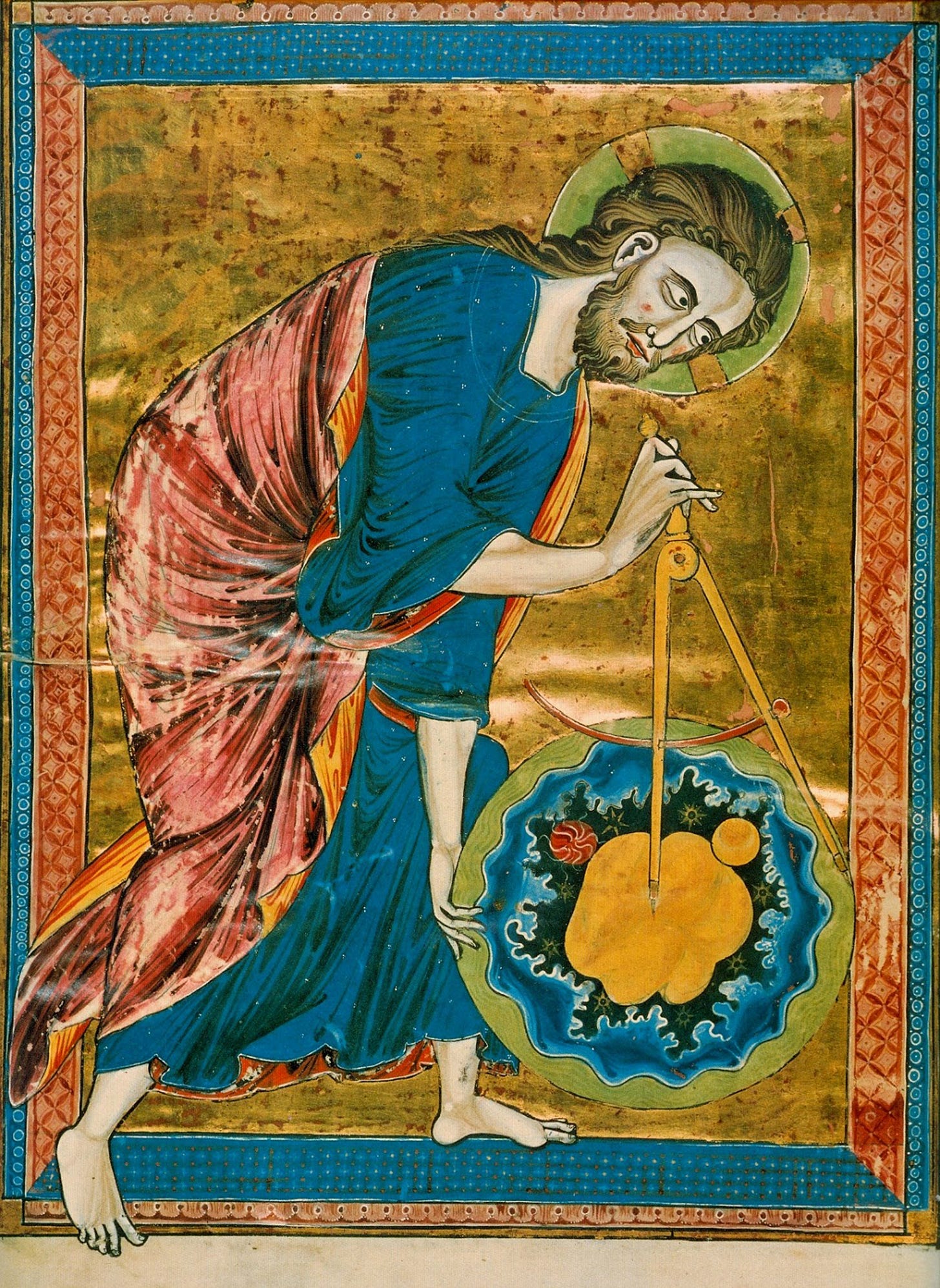The Craftsman and the Maniac
Materialism and Causality in Plato and Chesterton
I contend that one of the reasons for reading the classics is to understand how ancient peoples viewed the perennial questions of life. Plato’s writing is especially rich in this regard. Much of the dialogue in The Sophist, which we previously discussed, attempts to root out the paradox of Being vs. Non-Being. Are they exclusive states or do they co-inhere to some degree in all things, mediated through difference? Furthermore, how is non-being even constituted as such unless it, too, participates in being? You may recall that the Visitor and Theaetetus pursue this complicated line of reasoning hoping to capture the elusive sophist, whom they posit is a producer of copies and imitations—i.e. a dealer of non-being.
While discussing the class of production (“any capacity that causes things to come to be that previously were not1”), the Visitor suddenly springs a profound question on Theaetetus:
Take animals and everything mortal, including plants and everything on the earth that grows…Are we going to say that anything besides the craftsmanship of a god makes them come to be after previously not being? Or shall we rely on the saying and the widespread belief that…2
Here he pauses, as if reluctant to go on. Theaetetus prompts him, “That what?” The Visitor continues:
Are we going to say that nature produces them by some spontaneous cause that generates them without any thought, or by a case that works by reason and divine knowledge derived from a god?
In the margin next to the Visitor’s question, I scribbled, “Wow!” I don’t know about anyone else, but I find it stunning to read this question posed by Plato some 2500 years ago when it still perplexes many principled thinkers today. Regrettably, the Visitor makes no attempt to reason through his own question. He and Theaetetus agree to accept that all beings were made by a god and move on.
Fortunately, we have other texts from Plato that treat this question in greater detail. Last month, my Online Great Books seminar wrestled with Plato’s Timaeus, in which he does develop a compelling cosmology supporting a divine Craftsman. Though it’s easy to dismiss some of Plato’s ideas because of his esoteric formulations for the elements of matter (and a curious obsession with triangles), his theory that Being must emerge from some uncaused cause deserves our consideration—not least because it presents a rational challenge to the opposing philosophy of materialism.
A similar challenge is proferred by the 20th century writer G.K. Chesterton, whose celebrated book Orthodoxy exposes various modern philosophies with intellect and wit. In the chapter titled “The Maniac,” Chesterton compares certain closed systems of modern thought to a madman’s argument, claiming that both combine “an expansive and exhaustive reason with a contracted common sense.”3 It is useless, Chesterton notes, to deny to an insane man that everyone is conspiring against him when he believes it to be the case—because that’s exactly what a conspirator would say! Likewise, Chesterton observes that certain scientists and academics of his day were mentally confined by their own reductive theories:
Take first the more obvious case of materialism. As an explanation of the world, materialism has a sort of insane simplicity. It has just the quality of the madman’s argument; we have at once the sense of it covering everything and the sense of it leaving everything out…[The materialist’s] cosmos may be complete in every rivet and cog-wheel, but still his cosmos is smaller than our world.
Chesterton goes on to enumerate those aspects of our experience left unaccounted by a strictly material view of the world: proud mothers, first love, fear at sea, right and wrong, hope, courage, poetry and other such mysteries of life. “The materialist, who thinks everything is determined in our genes or in our molecules, thinks me a slave because I am not allowed to believe in determinism. I think he is a slave because he is not allowed to believe in fairies.”4
Whether we believe in fairies or fate or the divine hand of God, we can all agree that these are important questions that make studying the great works of our western tradition a worthwhile endeavor!
Plato, “Sophist,” in Plato: Complete Works ( Indianapolis, IN: Hackett Publishing Co., 1997), 289b
Ibid, 265c
Chesterton, G. K. Orthodoxy: An American Translation. Edited by Dale Ahlquist et al., ACS Books, 2020., p. 15
Ibid, p. 17


